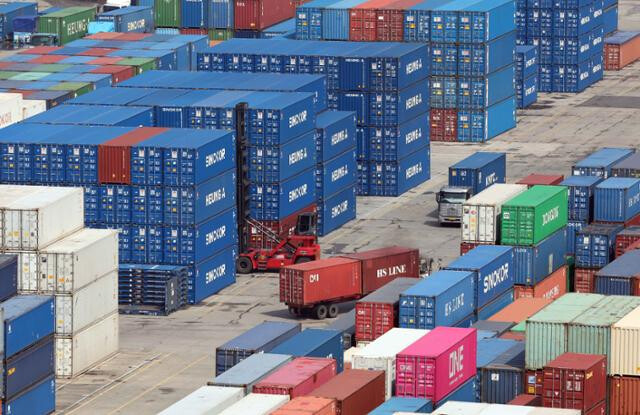
Daejeon, South Korea – The oversupply of goods from China is causing significant disruptions to key industries in South Korea's Chungcheong region, including petrochemicals, steel, and manufacturing. As Chinese companies ramp up production and export goods at lower prices, South Korean businesses are struggling to remain competitive.
Petrochemical companies in the region have been hit particularly hard. LG Chem has shut down its styrene monomer plant in Daesan Industrial Complex, while Lotte Chemical has reduced production across its basic chemical product lines. These companies, along with others in the region, are diversifying their portfolios to mitigate the impact of the oversupply.
The steel industry is also facing challenges. At least two major steel companies in the region have scaled back production, with one operating only night shifts and another reducing working hours. The influx of cheaper Chinese steel products, coupled with a slowdown in the domestic construction and shipbuilding industries, has severely impacted the region's steelmakers.
"The situation is dire," said a steel industry official. "Even after factoring in shipping costs, Chinese products are still cheaper, making it difficult for us to compete. Many companies are reducing production and building up inventory to weather this storm."
China's aggressive push to expand its manufacturing capacity in sectors such as steel, petrochemicals, machinery, and construction materials has exacerbated the oversupply issue. While some argue that the region's industries have been facing these challenges since 2018, the recent surge in Chinese exports has intensified the problem.
The petrochemical industry has been particularly vulnerable due to the perishable nature of its products. "Unlike other manufacturing sectors, we cannot store our products for long periods," said a petrochemical industry official. "We are forced to sell products at a loss to clear inventory."
The rising inventory levels in the Chungcheong region have raised concerns about a potential economic downturn. The region's manufacturing inventory index has hit a record high in the past year, indicating a buildup of unsold goods.
Industry experts warn that the situation could worsen if the global economic outlook remains uncertain. While some companies are exploring diversification strategies to mitigate the impact of China's oversupply, the overall sentiment is cautious.
"While companies are taking steps to adapt, the future remains uncertain," said a local economic official. "The ongoing trade tensions and economic fluctuations could further exacerbate the situation."
[Copyright (c) Global Economic Times. All Rights Reserved.]






























